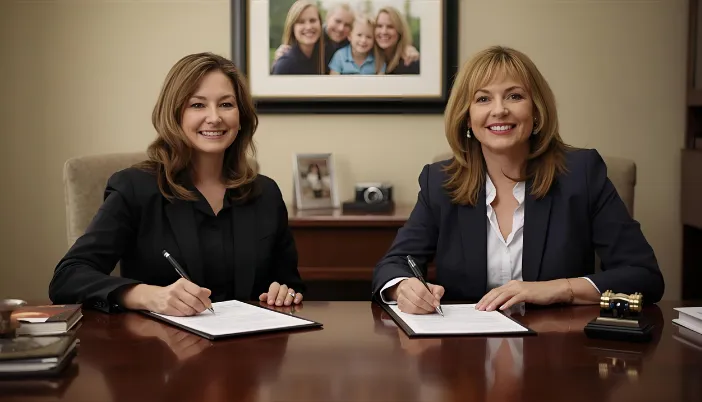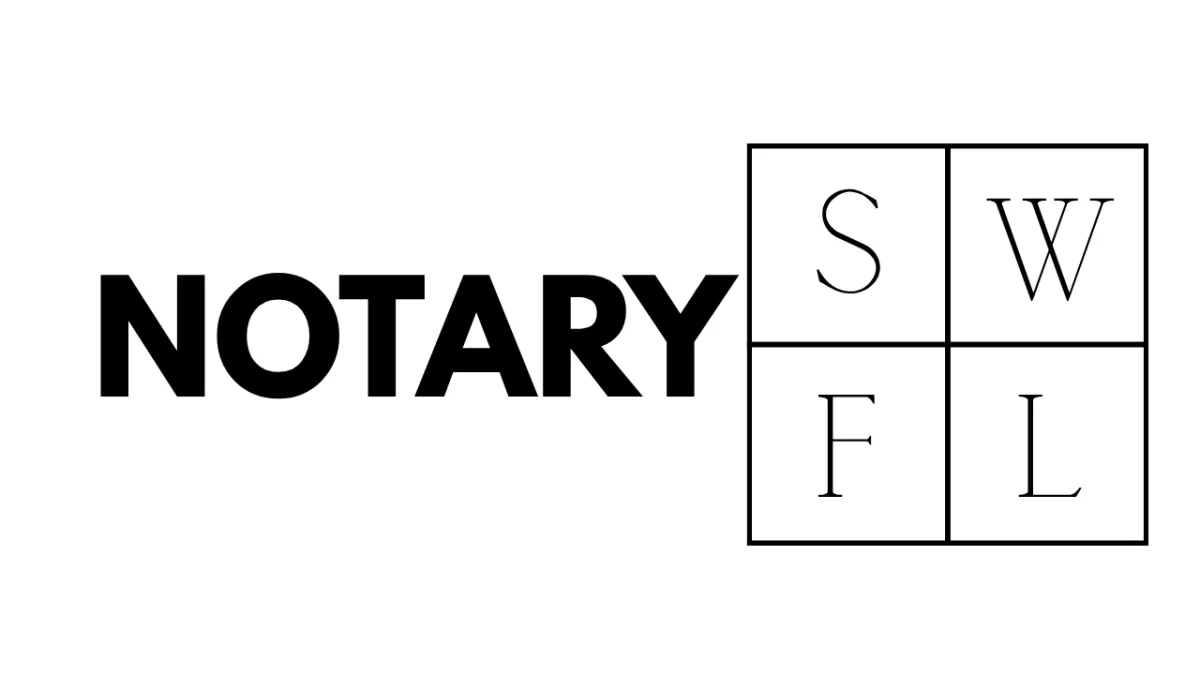Notary Blog

Why Estate Planning Matters for Families with Young Children
Why Estate Planning Matters for Families with Young Children
Estate planning isn’t just for the wealthy — it’s for every family that wants peace of mind and protection in place for their loved ones. Recently, I had the privilege of sitting down with Nicole Israel, Esq., an estate planning attorney based in New York, to talk about why parents, especially those with young children, should take proactive steps now rather than later.
Nicole’s journey into law is both relatable and inspiring. After starting out at a large firm, she decided to launch her own practice during the pandemic while navigating new motherhood. Her focus quickly turned toward estate planning, helping families safeguard what matters most. As she put it, “It’s not about death, it’s about life.”
Why Wills Aren’t Always Enough
Most people know they should have a will — it’s one of the first documents people think of when they consider estate planning. But Nicole explained that a will only becomes effective after someone passes away. That means if you’re incapacitated, hospitalized, or otherwise unable to care for your children, the guardians you named in your will can’t automatically step in.
This is why standalone guardianship forms are so important. These documents allow parents to appoint both:
Short-term guardians, who can step in immediately if something happens.
Long-term guardians, who may live farther away but are trusted for the child’s future care.
Without these protections, children could temporarily end up in state custody — a deeply unsettling thought for any parent.
Financial Safeguards: Trusts and Custodians
Nicole also highlighted how trusts play a critical role in financial planning. Unlike a will, a revocable trust is effective both during incapacity and after death. It allows you to designate a trustee (or financial guardian) to manage funds for your child’s care while ensuring checks and balances between financial decisions and guardianship responsibilities.
Not only does this streamline financial access, but it also helps families avoid probate — a costly and time-consuming legal process that can eat away at your estate. Probate often costs around 5% of the estate’s value, which could mean $15,000 in fees on a $300,000 home. Compare that to the one-time cost of setting up a trust, and it becomes clear that proactive planning is both practical and financially wise.
The Role of Notarization in Estate Planning
As a Remote Online Notary, I naturally had to ask Nicole how notarization fits into these documents. She explained that requirements vary state by state:
Wills don’t always need notarization, but notarizing them adds authority and helps prevent challenges in court.
Guardianship forms typically must be notarized to ensure validity.
Healthcare directives and powers of attorney often require notarization depending on state law.
Nicole also shared that in New York and New Jersey, estate planning documents still require wet ink signatures — meaning no online notarization is permitted yet. While that may change in the future, it’s a reminder to always check your state’s requirements and ensure compliance.
Spreading Awareness Through Social Media
One thing I loved about our conversation was how Nicole uses social media to educate families. In fact, one of her reels on guardianship forms went viral — proof that this information resonates when presented in a clear, accessible way.
She emphasized that estate planning shouldn’t be viewed as morbid or overwhelming. Instead, it’s about giving families the gift of peace of mind. Once the right documents are in place, parents can set them aside and not think about them for years, knowing their children are protected no matter what.
Takeaways for Families
Here are some of the key lessons I took from our discussion:
Don’t stop at a will — add standalone guardianship forms to cover scenarios where you’re incapacitated.
Consider setting up a revocable trust to protect your assets and avoid probate.
Make sure important documents are notarized when required (or even when not strictly required, for added security).
Be proactive — estate planning is an investment in your family’s future, not just a legal formality.
Final Thoughts
Estate planning is one of those things we tend to put off, but it’s truly one of the most important gifts we can give our families. As Nicole said, “It’s not about death, it’s about life.”
If you’d like to learn more about estate planning, you can visit Nicole Israel’s website at nicoleisraellaw.com.
Disclaimer: This content is for educational and informational purposes only. I am not an attorney and I cannot provide legal advice. You should always consult with a licensed attorney in your state for guidance on your specific situation.

© 2025Virtual Notary Services - All Rights Reserved
We are not attorneys and do not provide legal advice or representation.



